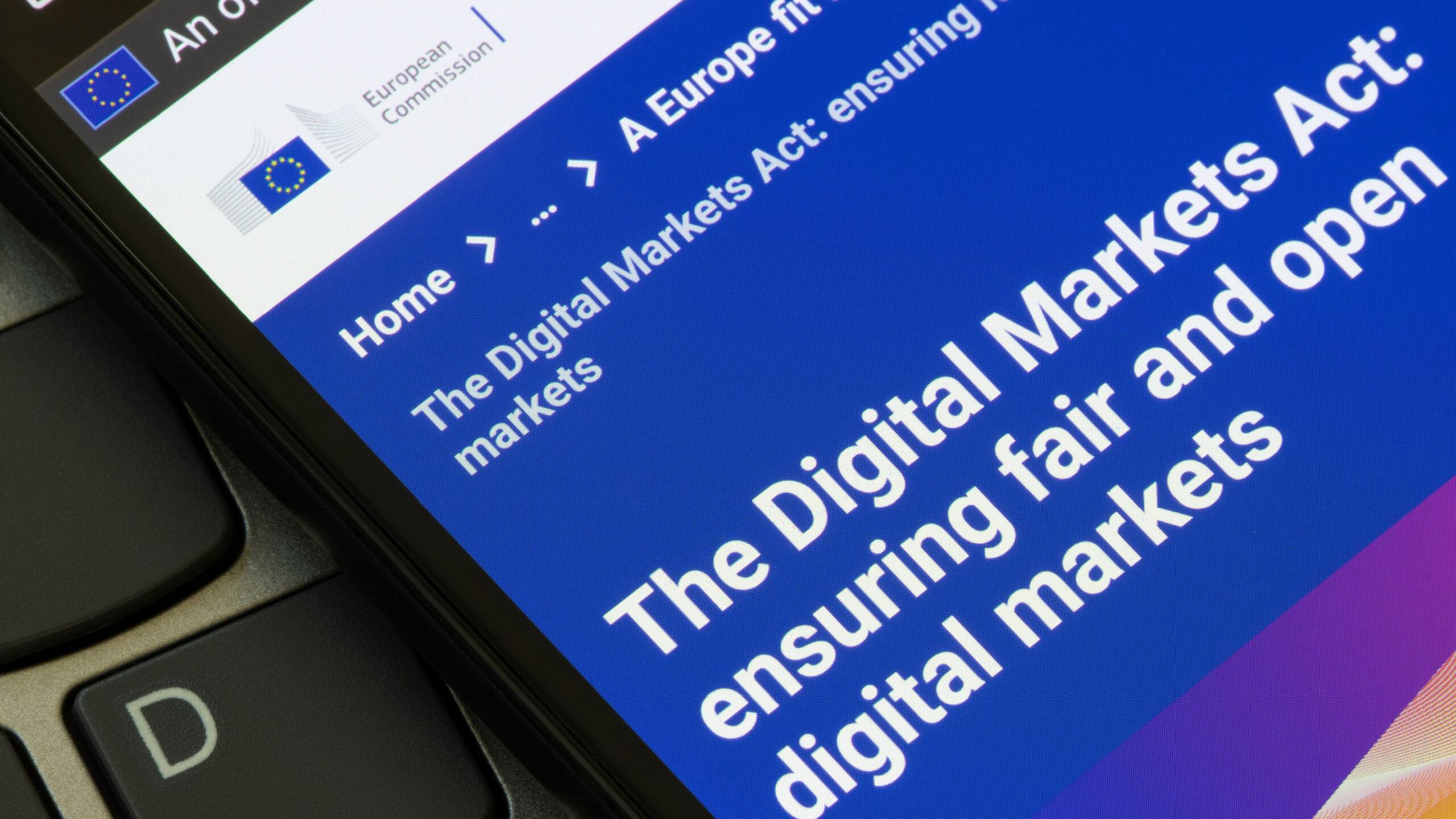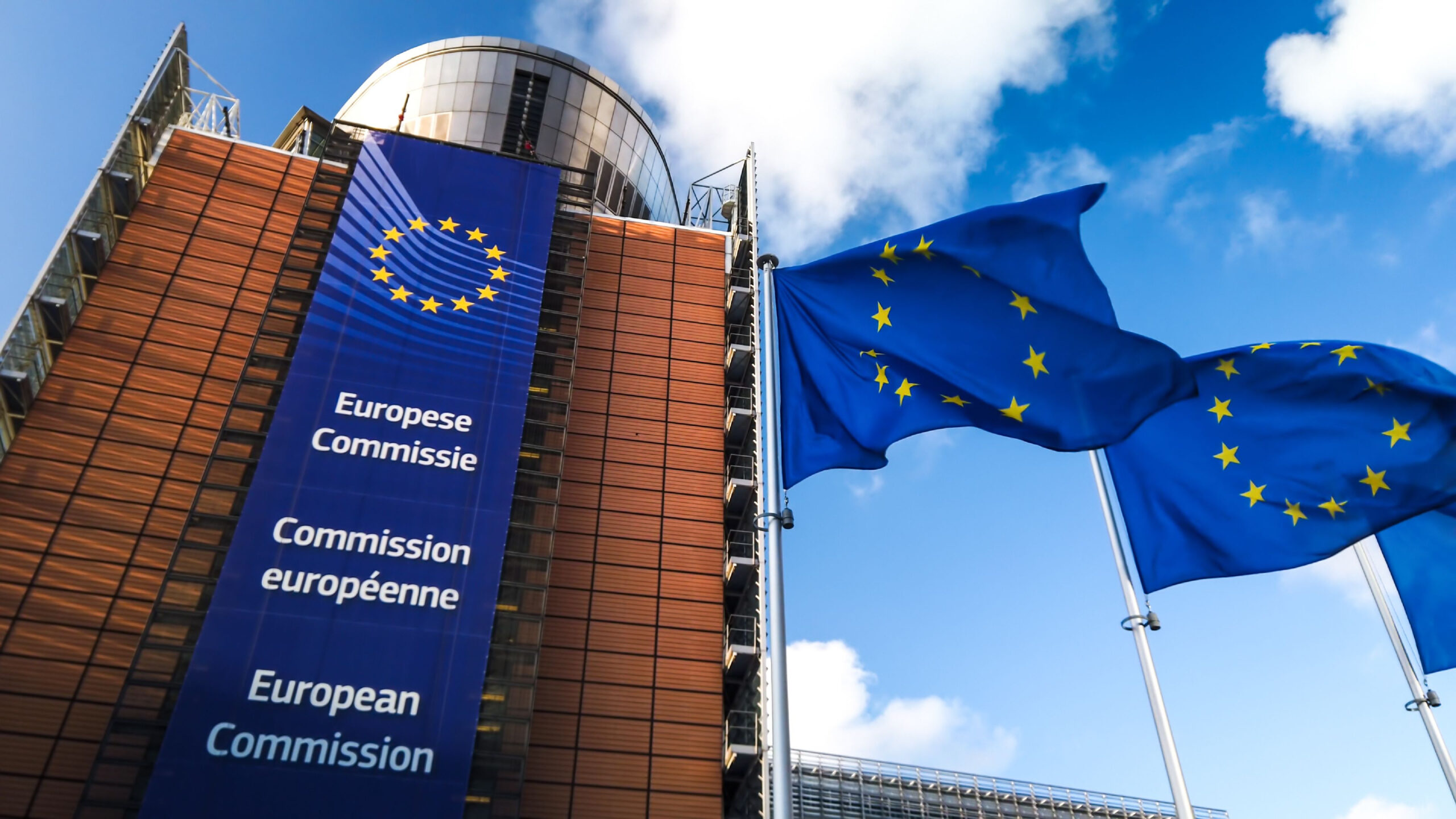DMA lawmakers shouldn’t be picking corporate winners and losers

Europe’s politicians are on the verge of orchestrating one of the largest transfers of wealth in the EU’s history. As it stands, the Digital Markets Act (DMA) will clip the wings of big U.S. Tech companies to the benefit of big app developers, big product brands, big media conglomerates, telecom companies, and big financial services providers. The draft EU rules specifically target the “core platform services” of Google, Amazon, Facebook, Apple, and Microsoft – the “gatekeepers” as the European Commission calls them.
Many politicians have been made to believe that regulating these services as the DMA does will benefit consumers, entrepreneurs and the fledgling European tech scene. The reality is different. The DMA is being set up to become a commercial dispute-resolution tool, rewriting platform rules in a way that will inevitably shortchange the tech start-ups, scale-ups and citizens that it is supposed to benefit, while a handful of big companies reap the rewards.
There is still time to correct course, and ensure that EU regulation of core platform services works in the interest of consumers and entrepreneurs, and does not end up as a value-transfer mechanism from one set of corporate giants to another.
In the Interest of Big Business Users
The dispute between Apple and Unreal Engine platform owner (and Fortnite-game maker) Epic offers a glimpse of how the DMA could easily become the center of a lobbying frenzy between corporations with big lobbying budgets seeking to extract better terms from their digital service providers. Will changes mean lower prices of virtual goods in Epic’s (closed) Fortnite marketplace, or will it merely pad Epic’s bottom line?
Undoubtedly, other corporate behemoths will try and make the most of the DMA for their own gain. We already see telecom companies asking to claim a share of the platform revenue, broadcasters calling for streaming service restrictions and banks asking for big data – all groups of companies that have their own track record of gatekeeping.
In Australia, a bill aimed at benefiting publishers ended up boosting the coffers of Rupert Murdoch’s media empire. Similar battles are happening in Europe in the aftermath of the EU ‘copyright wars’ which gave Big Media leverage over Big Tech, but with little gain for citizens and entrepreneurs. It’s gotten so extreme some are creating publisher cartels, though at least that’s received some pushback from competition authorities.
In fact, the benefits of the DMA will mostly accrue to the biggest business users of digital platforms. Take the provisions in the DMA that give businesses access to platform customers’ data for instance. This will create lots of cybersecurity risks, and it will only benefit the biggest companies with the means to process that data. Similarly, only the biggest companies can afford to create their own alternative payment services. Will platform operators continue to invest in developing and improving their core platform services if the DMA lets the biggest business users circumvent platform rules designed with everyone in mind?
Smaller Business Users Pay The Price
Many platforms can act as a one-stop shop for marketing, financial transactions, data analytics, advertising and physical distribution. Breaking these apart would unnecessarily increase transaction costs for small traders, and make them less valuable. An economic study by Oxera dives deeper into how some of the practices the DMA will regulate can be beneficial, including giving small companies access to a consumer base, know-how and cutting edge technology that would otherwise be out of their reach. A recent UK government study has corroborated this as well, finding that the wide range of platform services disproportionately benefit smaller companies. This means that small companies will lose the most when the benefits of platform services are constrained.
The app developers, small businesses, and traders that make use of platforms have made this point in Europe already, and a coalition of business federations in Eastern Europe have also rallied to warn against the unintended consequences of the DMA. While politicians are focused on “punishing big tech”, they’re often ignoring the real issues European startups face: financing is difficult, employment laws are fragmented, and running businesses is too complicated because of unnecessary red tape.
Some additional platform rules may be necessary to protect fair competition, that’s why the DMA came to be. But the ultimate real-world effects are difficult to predict, as the Commission’s own impact assessment makes clear. Politicians now penning amendments to the DMA need to carefully consider their proposals from all angles, and make sure that the law achieves its intended goal, rather than just becoming a tool shuffling money from one set of large corporations to another, leaving citizens and entrepreneurs short-changed. This means a regulation that looks at its actual effects, with adjustment mechanisms to reverse course when needed. Otherwise, what is written to fill the pockets of some very loud and influential business interests, could end up costing everyone else.








